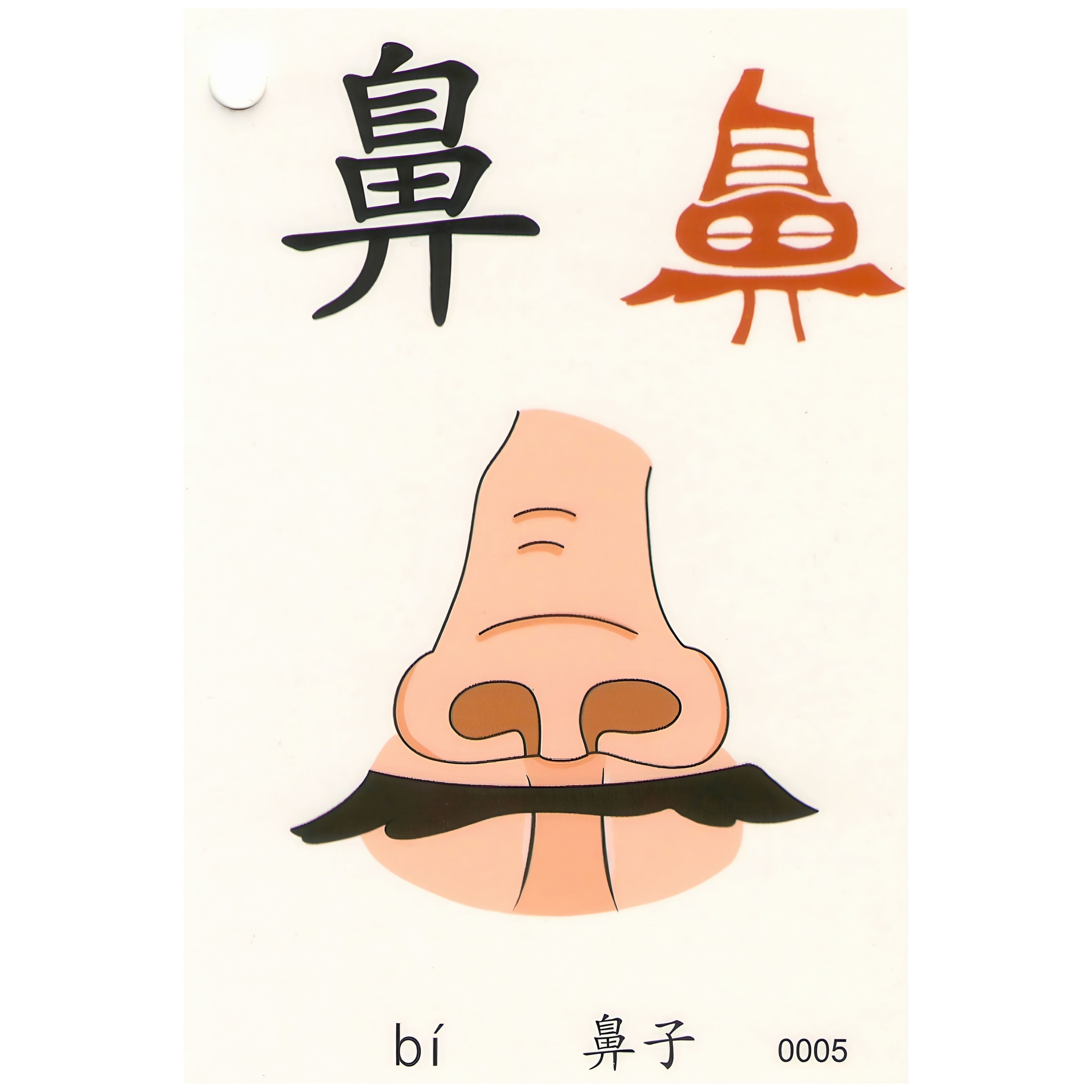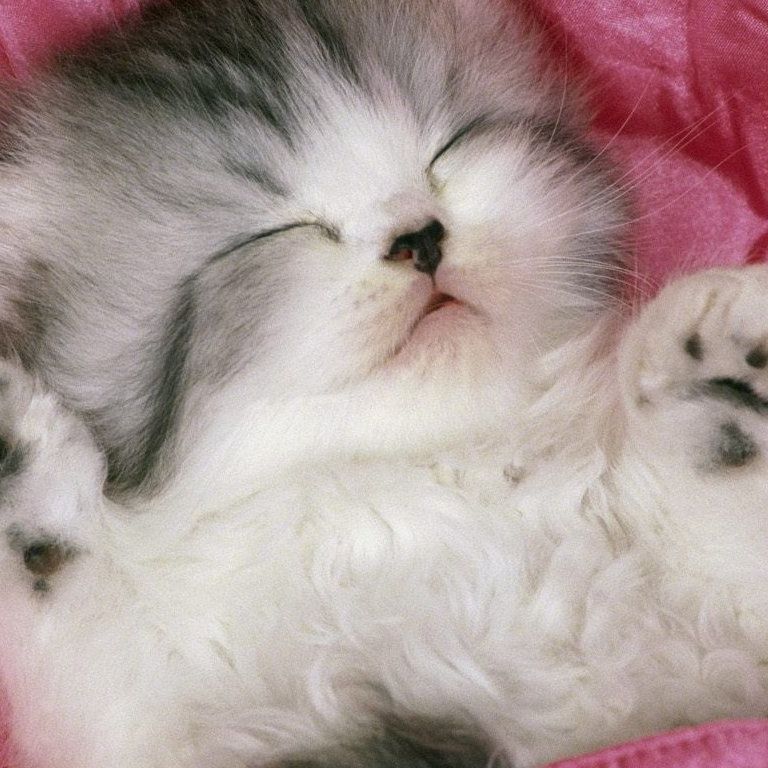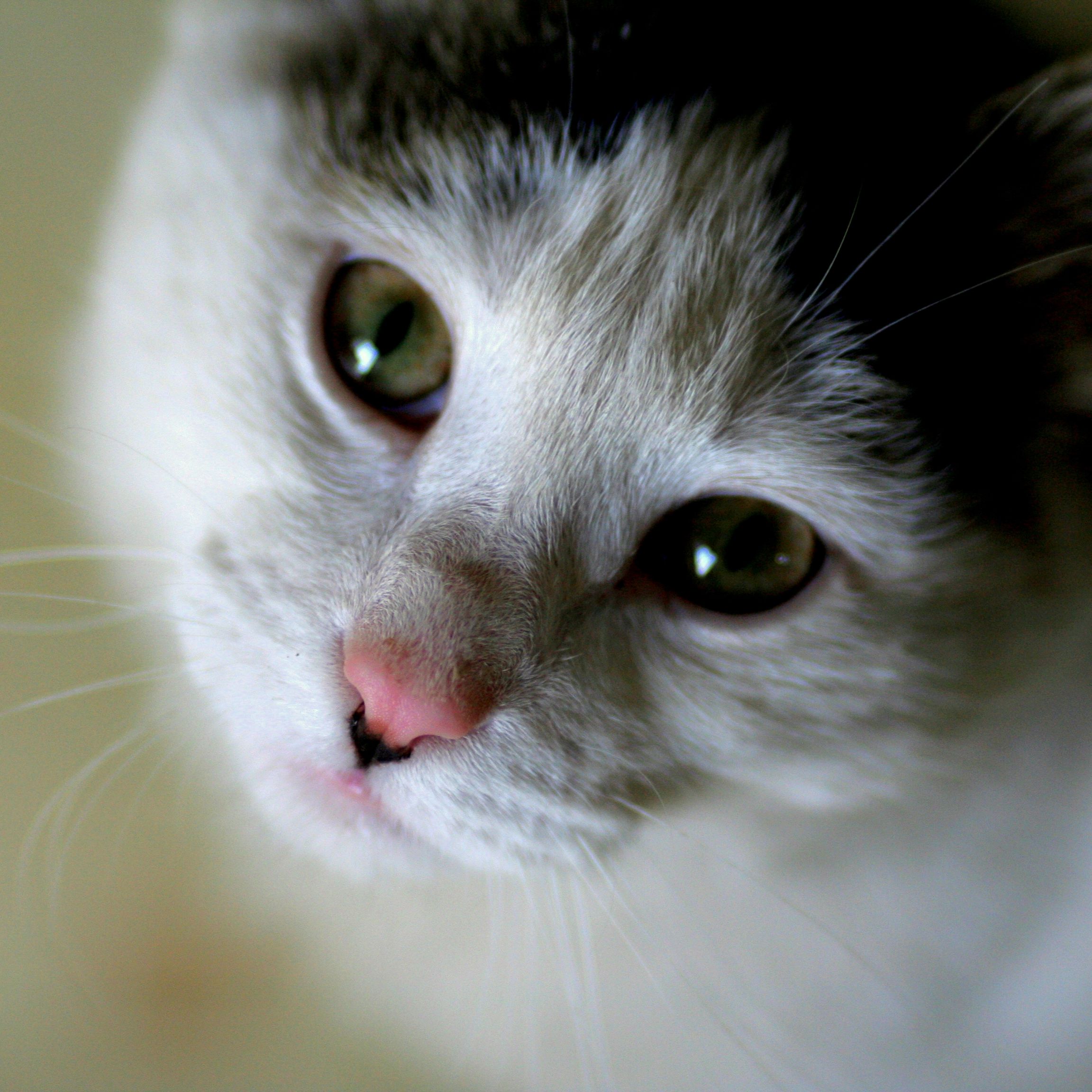
鼻
คำอธิบาย
The character "鼻" is a compound ideogram consisting of the radical "自" (self) on top and "畀-bì" (to give) at the bottom. It resembles the shape of a nose.
it is consisting of the radical "自" (self) on top and "畀-bì" (to give) at the bottom. It resembles the shape of a nose.
Meaning (字义)
The character "鼻" primarily means "nose." It can also relate to smelling and breathing.
Usage (用法)
"鼻" is commonly used in words and phrases related to the nose and its functions.
Example Words (例词)
1.鼻子 (bí zi) - nose
他的鼻子很大。 (Tā de bí zi hěn dà.)
His nose is very big.
2.鼻涕 (bí tì) - nasal mucus
孩子流了鼻涕。 (Háizi liú le bí tì.)
The child has a runny nose.
3.鼻孔 (bí kǒng) - nostril
我的鼻孔痒痒的。 (Wǒ de bí kǒng yǎng yǎng de.)
My nostrils are itchy.
Example Sentences (例句)
1.他用鼻子闻花香。 (Tā yòng bí zi wén huā xiāng.)
He smells the flowers with his nose.
2.她的鼻子很好看。 (Tā de bí zi hěn hǎo kàn.)
Her nose is very pretty.
3.不要用手指挖鼻孔。 (Bù yào yòng shǒuzhǐ wā bí kǒng.)
Don't pick your nose with your fingers.
Idiom (四字成语)
成语: 鼻青脸肿 (bí qīng liǎn zhǒng)
Meaning (意义)
"鼻青脸肿" literally means "nose bruised and face swollen." It describes someone who has been beaten up, with a bruised nose and swollen face.
Example Sentence (例句)
他刚打完了一架,鼻青脸肿。 (Tā gāng dǎ wán le yí jià , bí qīng liǎn zhǒng.)
He came back from a fight, looking bruised and swollen.
Summary
The character "鼻" is related to the nose and its functions. Its usage is common in everyday language. The idiom "鼻青脸肿" describes someone who looks bruised and swollen, often after a fight or accident.
ช่องพอดคาสต์
每日一字
ผู้แต่ง
ทั้งหมดทุกตอน

Can you complete this "worker" sentence?

Isn't that great? She has been promoted!

Who is that man in the meeting?

Can you guess how long office staff work?

Are you like Suhaila who has lunch with her colleagues?
ตอนยอดนิยม

All about Work and Jobs
Can you complete this "worker" sentence?

All about Work and Jobs
Isn't that great? She has been promoted!

All about Work and Jobs
Who is that man in the meeting?

All about Work and Jobs
Can you guess how long office staff work?

All about Work and Jobs
Are you like Suhaila who has lunch with her colleagues?